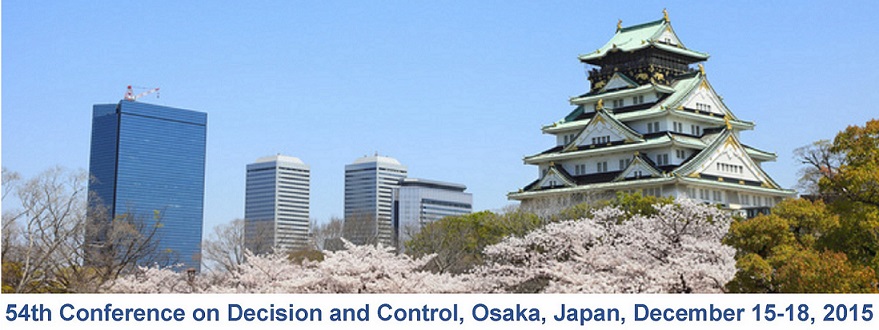|
Sponsoring Organizations
Your IP: 216.73.216.2
Unique visitors: 120478
Total Page views:46903
(Since April 15th, 2014)
|
| Schedule of Special Sessions |
|
Tuesday
Wednesday
Thursday
|
| Women in Control Luncheon Meeting |
|
Time and Location: Wednesday, 12:00 - 1:30 pm, Restaurant "Grande Toque"
This is the CDC semi-annual luncheon meeting of
the IEEE Controls Systems Society Standing Committee
on "Women in Control".
The Committee promotes membership, and the
development of programs that support recruitment, and growth of
women CSS members. Additionally Committee disseminates appropriate
information about women in the IEEE Control System Society and the
profession. The meeting is a nice occasion to get to know new members of
our scientific community and catch up with existing members.
All CDC 2015 women participants are kindly invited.
|
|
Multi-Agent Simulation: Decision Making in This Complex and Uncertain Society
Sponsor:
Kozo Keikaku Engineering, Inc.
Speaker:
Yasuhiro Kitakami and Teruhiko Yoneyama
Lunch time Session, Tuesday, 12:10-1:10 pm, Room 1001
Abstract:
In this session, we will introduce our work: support of decision making using social simulation, and we will show, through examples, how the social simulation approach is utilized in real-world applications. The most important thing here is how we should abstract this real world to construct a simulation model. That is, we need to assess important elements in a system - What is the influential factor? What is the critical parameter? That is nothing else but to observe and think of the real society. Especially, we make account of people, the element of this complicated and uncertain society, as people's behavior can be the most unpredictable, crucial, and influential factor to the social systems. We build an artificial society on a computer which consists of individuals or organizations and their environments, and we simulate the real world by the artificial society in order to analyze what is happening there in various situations. Simulation results show various possibilities which may happen in the real world. Then by analyzing those simulation results, we can obtain the guide into the future action that we should take.
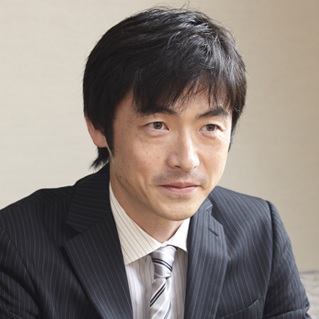
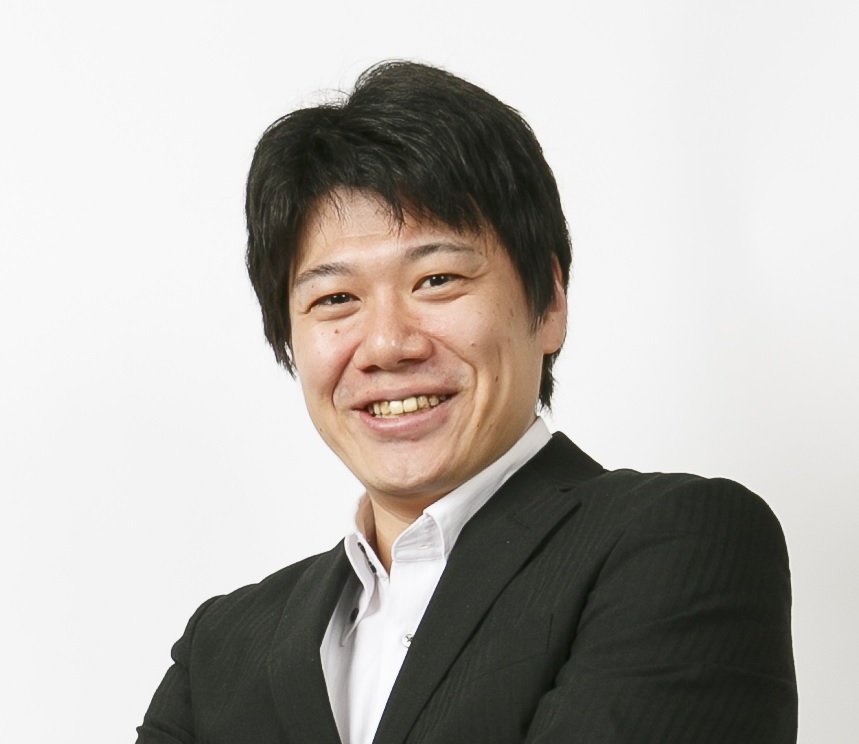
|
|
How to Give a Conference Talk, Part II: Good Talks Gone Bad and
Bad Talks Gone Good
Organized by the CSS Task Force Committee on "Early Career Professional Preparation"
Lunch time Session, Tuesday, 12:10-1:10 pm, Room 1003
Objective of the session:
Following the immense success of the round-table discussion on how to give a good conference talk given in CDC 2013 in Florence, the CSS Task Force now presents Part II of that session. This Part II goes one step further. Namely, not just giving bad examples to avoid, we will proceed to give some recipes to improve upon "bad talks."
As observed in the first special session in CDC Florence in 2013, many talks can go bad, in spite of our honest intention to give a good talk. We gave several bad examples there that should be avoided.
There are many pitfalls that speakers can fall into, hence (intended) good talks can (often easily) go bad. To avoid such mistakes, we have to know not only bad examples, but also recipes to get out of such pitfalls.
We review some of such examples, and also show how such bad talks can turn to be good. This will make your talks more effective and penetrating.
The session is targeted toward students and young Ph. Ds starting their careers, but senior researchers are also highly welcome.
For pertinent information, see also
"guidelines for CDC presenters".
Panelists:
- Robert Bitmead (UC San Diego)
- Christos Cassandras (Boston U.)
- Richard Middleton (U. Newcastle)
- Yutaka Yamamoto (Kyoto U.; moderator & proposer)
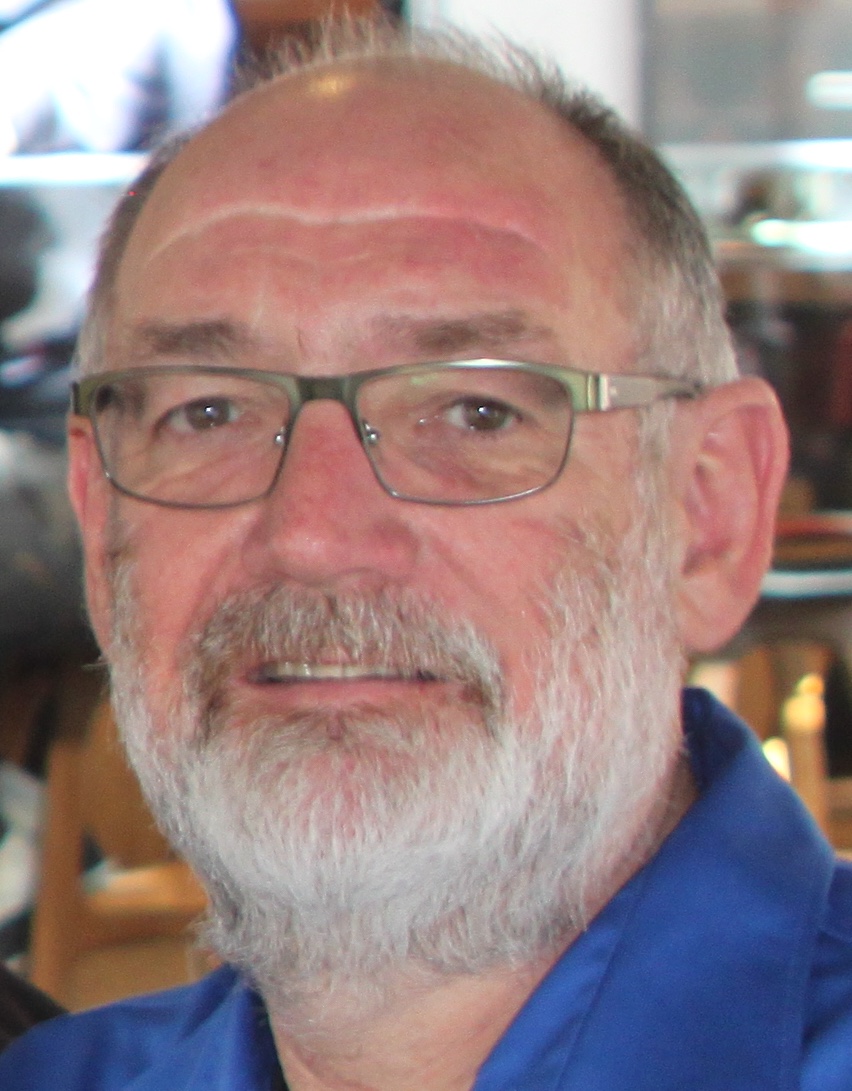
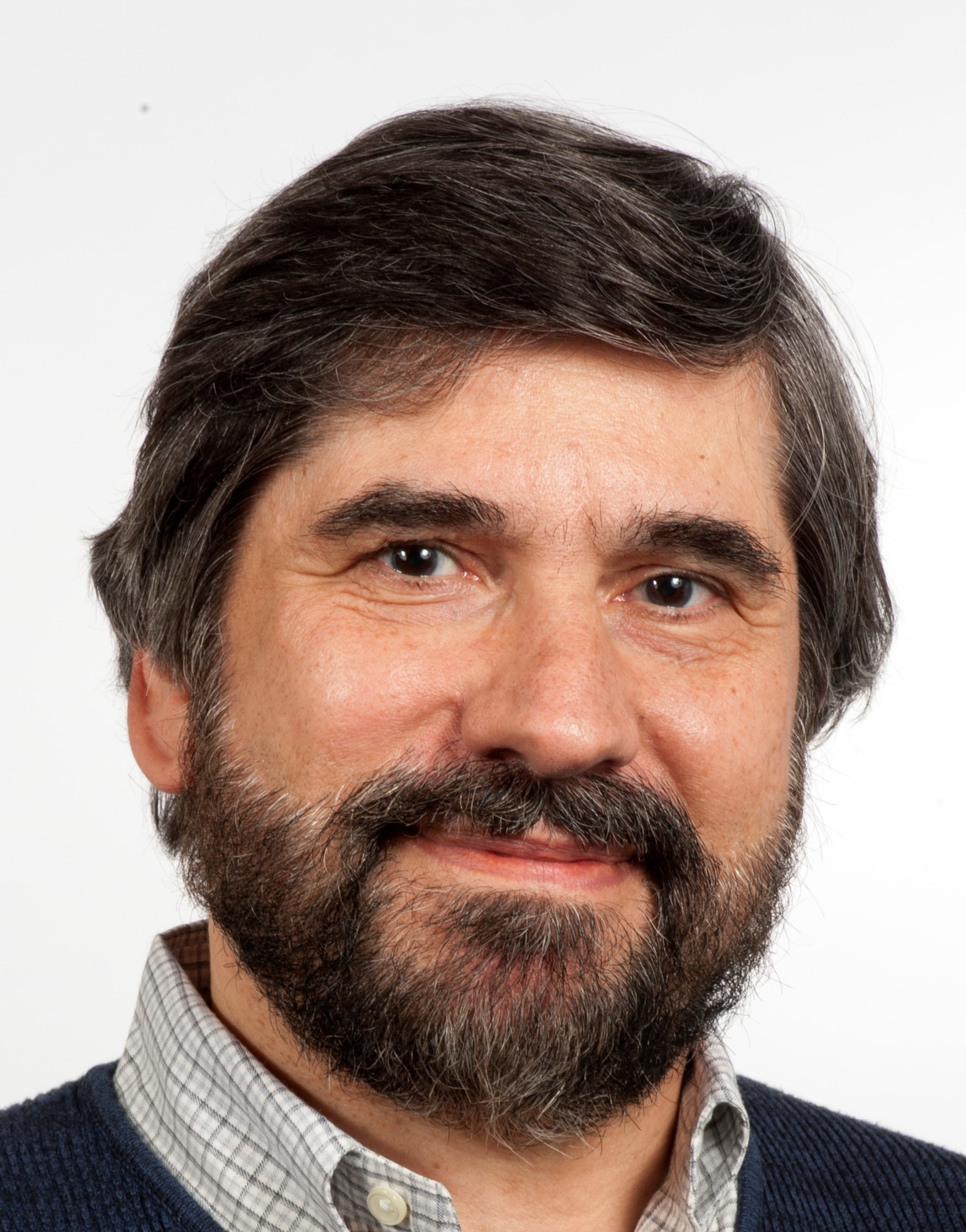
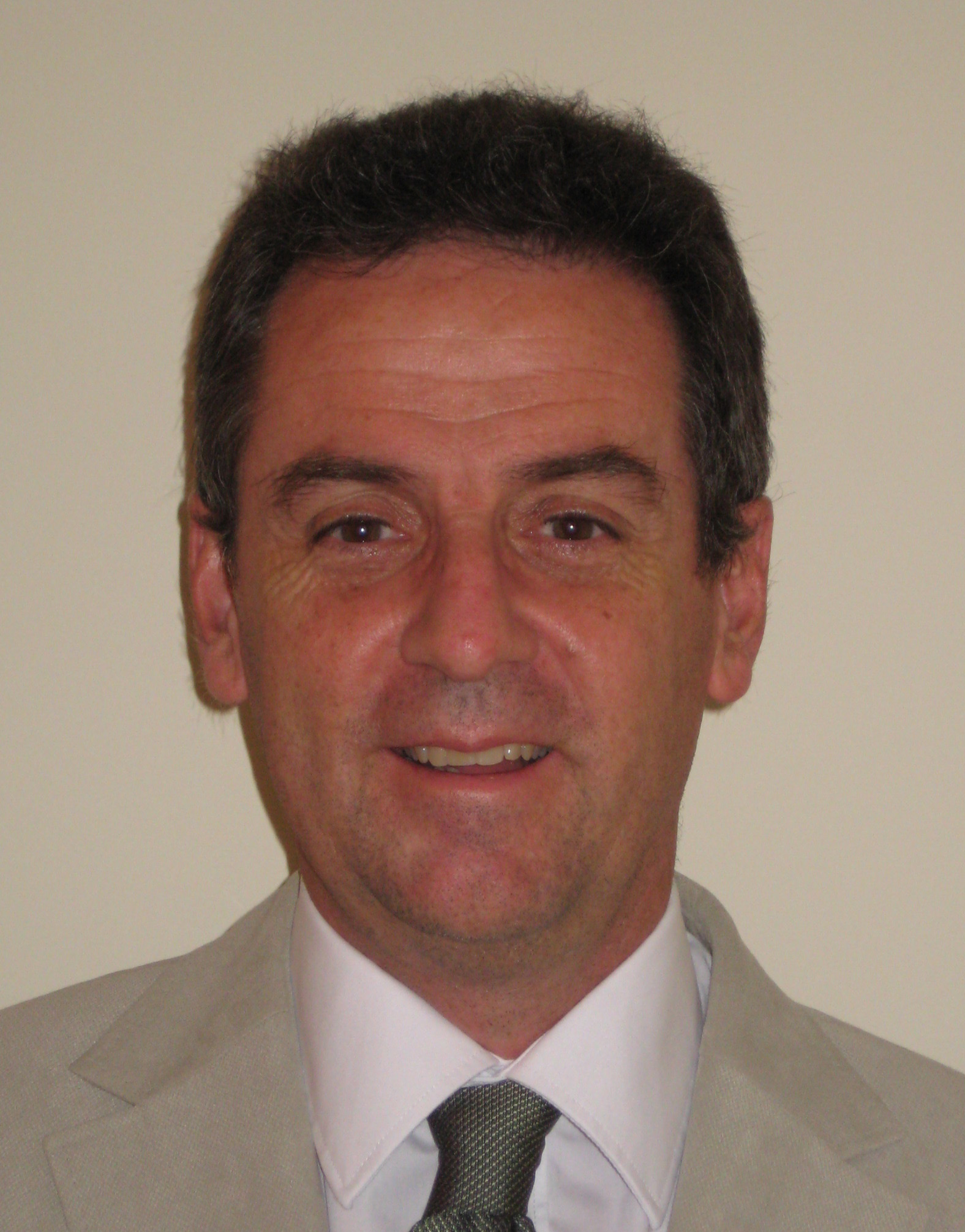

|
|
The Second Workshop for Women in Control:
"After Graduation: Women in Control Around the Globe Take Leadership Roles"
A Workshop Dedicated to Honor Maria Elena Valcher, 2015 IEEE CSS President
Organizer: Antonella Ferrara, Chair, CSS Standing Committee on Women in Control, Italy
Co-Organizers:
Linda Bushnell and Bozenna Pasik-Duncan, Members of the Advisory Board
for CSS Women in Control, US
Sponsors:
IEEE CSS, CSS MAB, CDC2015, IEEE CSS Standing Committee on Women in Control,
and by IEEE WIE
Wednesday, 10:00-12:10 pm, Room 1101--1102
Purpose:
To promote and bring the important visibility to women in control in their leadership roles.
The CSS & AACC Leaders serve as role models on the task to attract more women around
the Globe to control, a field that spans powerfully and beautifully all science, technology,
engineering and math (STEM) disciplines.
Program:
10:00 am - Welcome Remarks by Distinguished Guests and the Workshop Organizers
10:30 am - Panel
Part I: Women in Control Around the Globe as Leaders: Challenges, Opportunities and Rewards.
From CSS Leaders Perspectives.
Moderator: Bozenna Pasik-Duncan
- Maria Elena Valcher, CSS President, Italy
- Anu Annaswamy, CSS Vice President, Conferences Activities, US & India
- Sandra Hirche, CSS Vice President, Member Activities, Germany
- Kirsten Morris, CSS Vice President, Technical Activities, Canada
- Linda Bushnell, AACC Treasurer, US
Part II:
Women in Control as Leaders: Challenges, Opportunities and Rewards.
From Deans, Chairs of Departments,Program Directors & Faculty Perspectives
Moderator: Linda Bushnell
Invited Guests include:
Sonja Glavaski (US), Francoise Lamnabhi- Lagarrigue (France),
Jacquelien Scherpen (The Netherlands), Dawn Tilbury (US), Claire Tomlin (US),
John Baillieul (US), Frank Doyle (US), Pramod Khargonekar (US)
11:30 am - Open Floor - Discussion, Chair: Antonella Ferrara
11:50 am - Closing Remarks and Invitation to the IEEE CSS Women
In Control Lunch sponsored by CSS MAB: Sandra Hirche




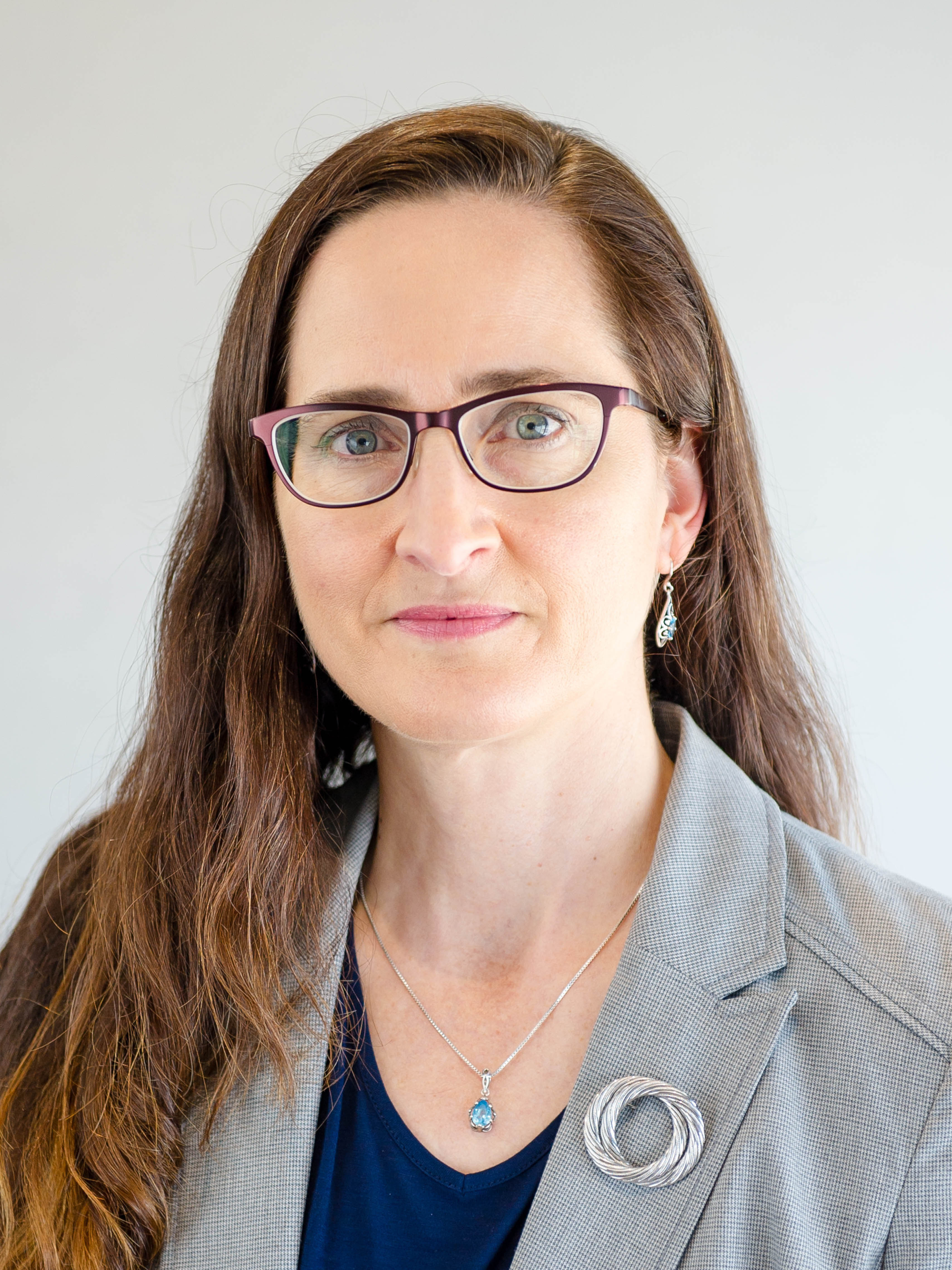
|
|
Project-Based Learning with Low-Cost Hardware and Robots
Sponser:The MathWorks Inc.
Speaker:
Craig Buhr (MathWorks)
Lunch time session, Wednesday, 12:10-1:10 pm, Room 1001
Abstract:
Low-cost hardware solutions are used in many applications such as quadcopters and mobile robots. These low-cost solutions provide an effective platform to give students hand-on experience through project-based learning and competitions. A tutorial will highlight some of the latest features for system identification, PID tuning and deployment to low-cost hardware platforms such as Arduino, Lego, and Raspberry Pi. In addition, we will discuss the latest capabilities for interfacing MATLAB and Simulink to ROS (Robot Operating System) for developing autonomous mobile robotics applications. We will discuss how you can use these capabilities to test and verify applications on ROS-enabled robots and robot simulators such as Gazebo.
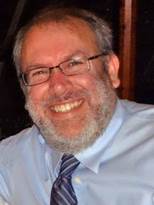
|
|
Role of Control: From Funding Point of View
Organized by Japan Science and Technology Agency (JST), FUJITA CREST (tentative)
Lunch time session: Thursday, 12:10-1:10 pm, Room 1003
Abstract:
Nowadays, the environment surrounding the control researchers is quite tough from the viewpoints of number of academic/industrial posts and the total amount of available funds. Apparently it is not enough for us to enjoy our academic research in the conventional theoretical framework. Though the potential of systems and control research is enormous, we should be aware that most people who are outside of the control community do not appreciate it very much. What we are strongly expected from our society now is to contribute the society in a more visible way. One example may be the contribution to Energy Management Systems given in the preceding plenary talk by Masayuki Fujita. But not restricted on that point, we have to demonstrate our potential to the society with real impact. Based on these observations, it would be timely for us to hear the opinions on what the society expects for control from the funding point of view. It is very lucky for us to have excellent panelists, who know both control theory and funding agency in depth. The four talks will be followed by the discussions on what we can contribute to our society as systems and control researchers.
Panelists:
- Pramod Khargonekar (NSF - National Science Foundation, USA)
- Frank Allgower (DFG - German Research Foundation, Germany)
- Hidenori Kimura (JST - Japan Science and Technology Agency, Japan)
- TBA (EPSRC - Engineering and Physical Sciences Research Council, UK.)
Moderator:
- Toshiharu Sugie (Kyoto Univ., USA)
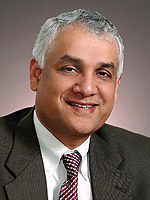
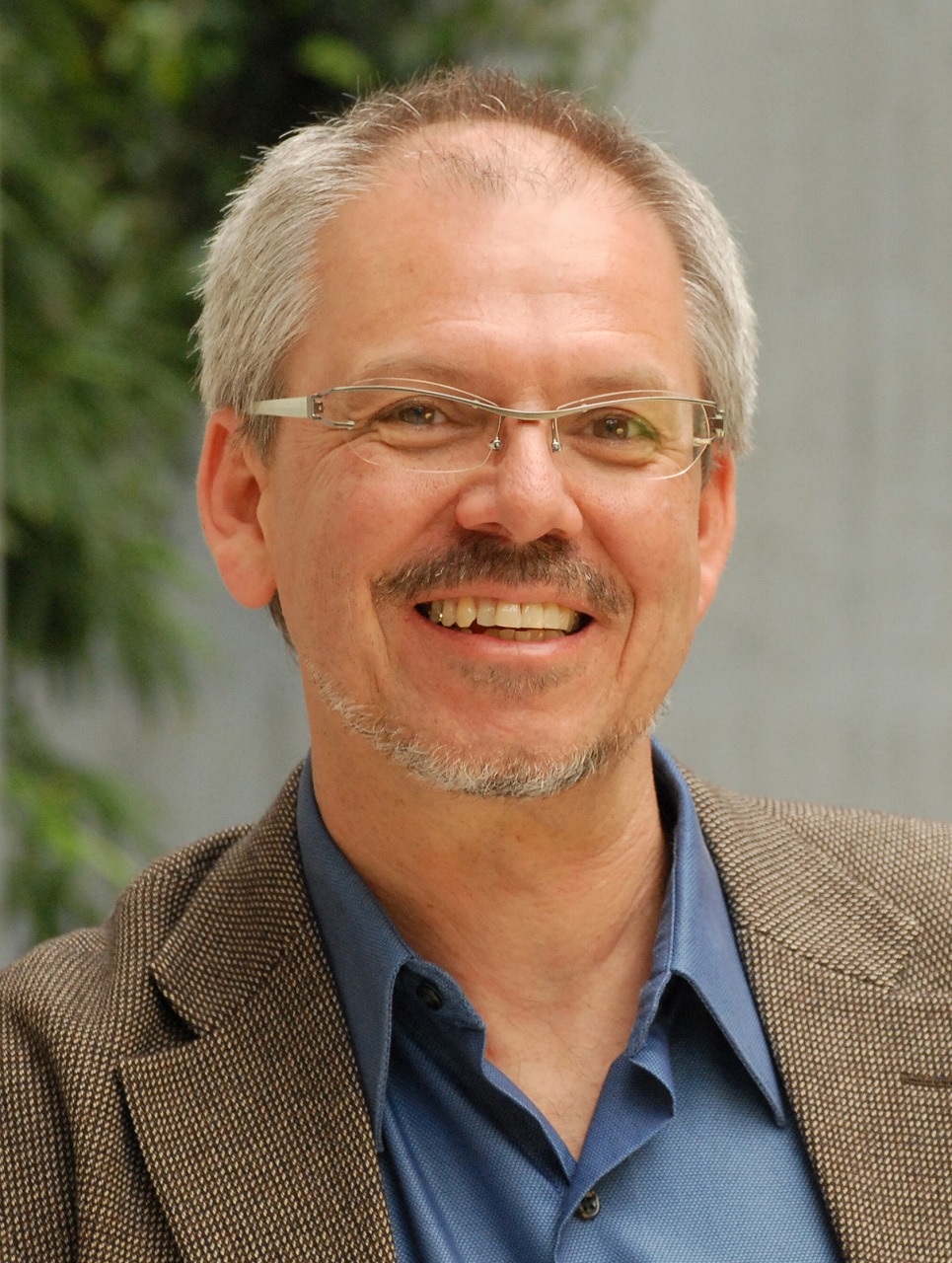
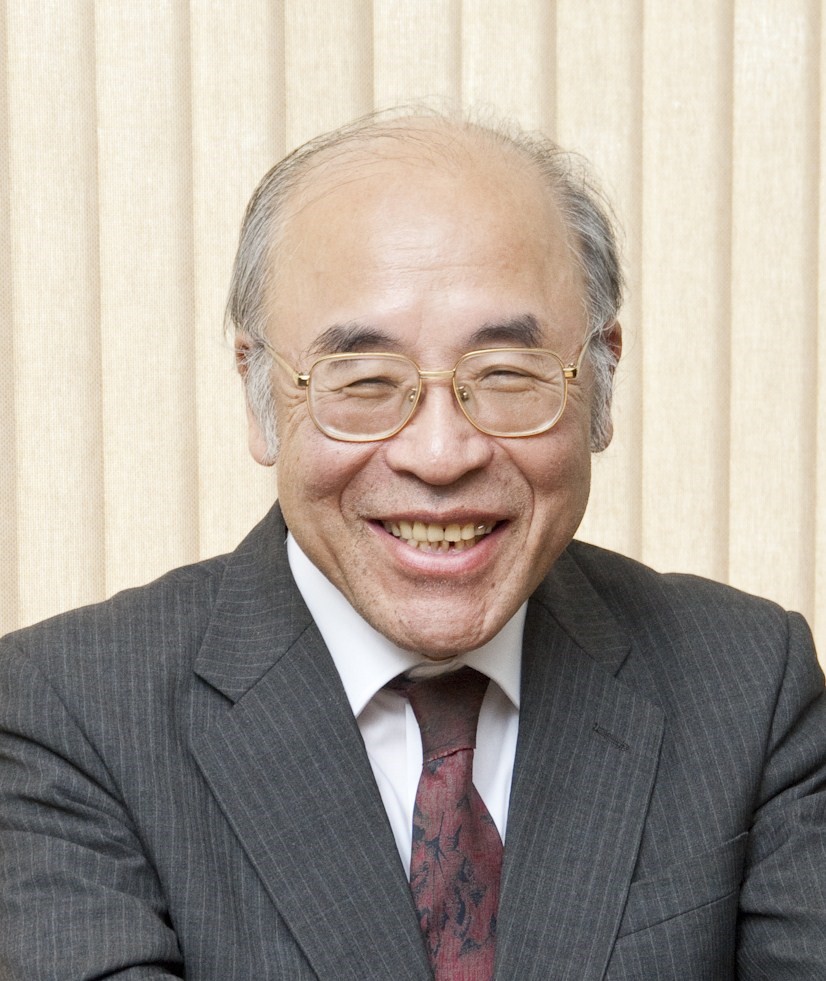
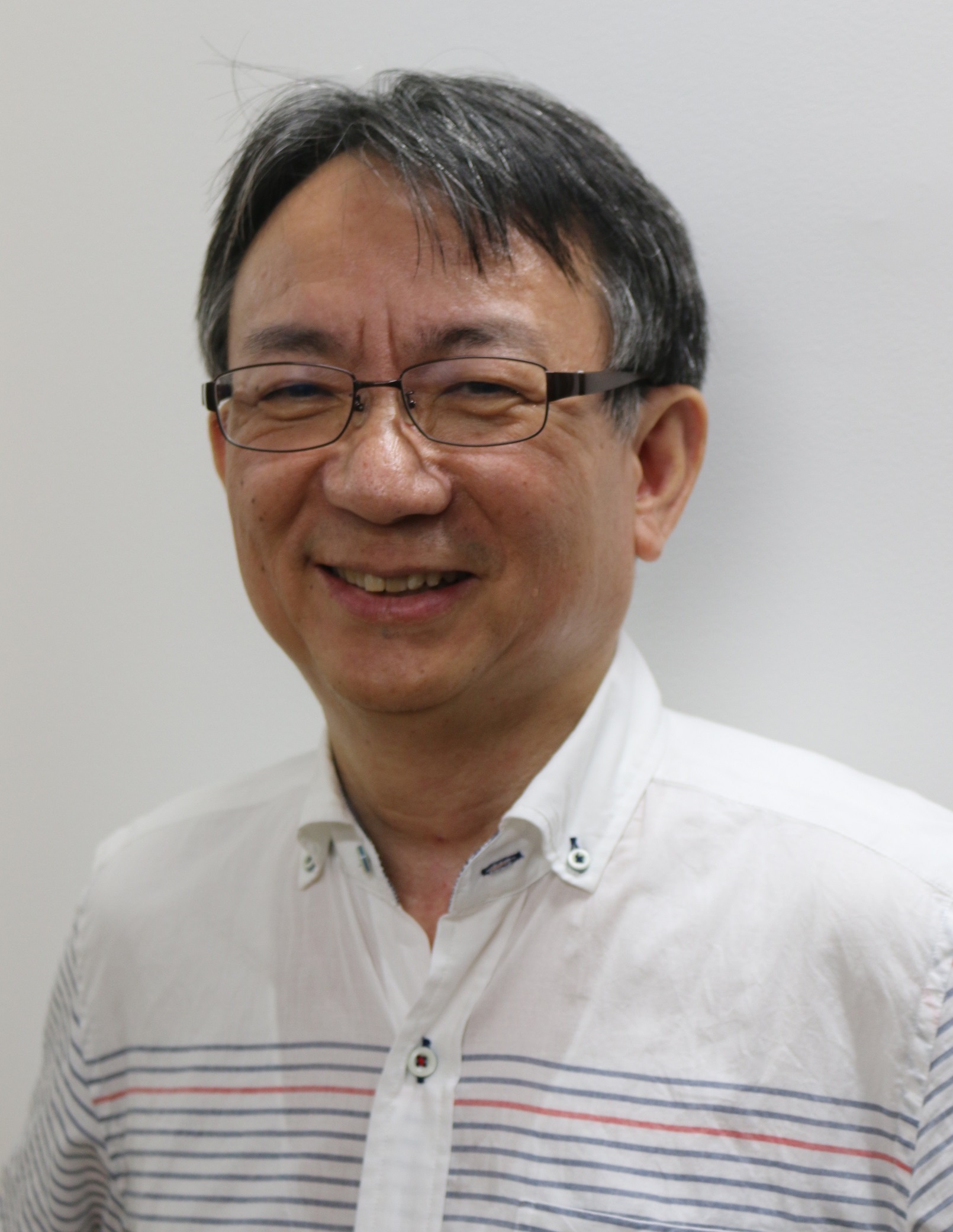
|
|
Key dates (2015)
| Submission Site Opens: | January 5 |
Invited Session
Proposals Due: | March 12 |
| Initial Submissions Due: | March 24 |
| Workshop Proposals Due: | May 1 |
| Decision Notification: | End of July |
| Registration Opens: |
August 12 |
| Final Submissions Due: |
September 15, 2015
September 17, 2015 |
Corporate Sponsors
Platinum Sponsor
Gold Sponsor
Silver Sponsors
Bronze Sponsors
Stationery Sponsor
|
